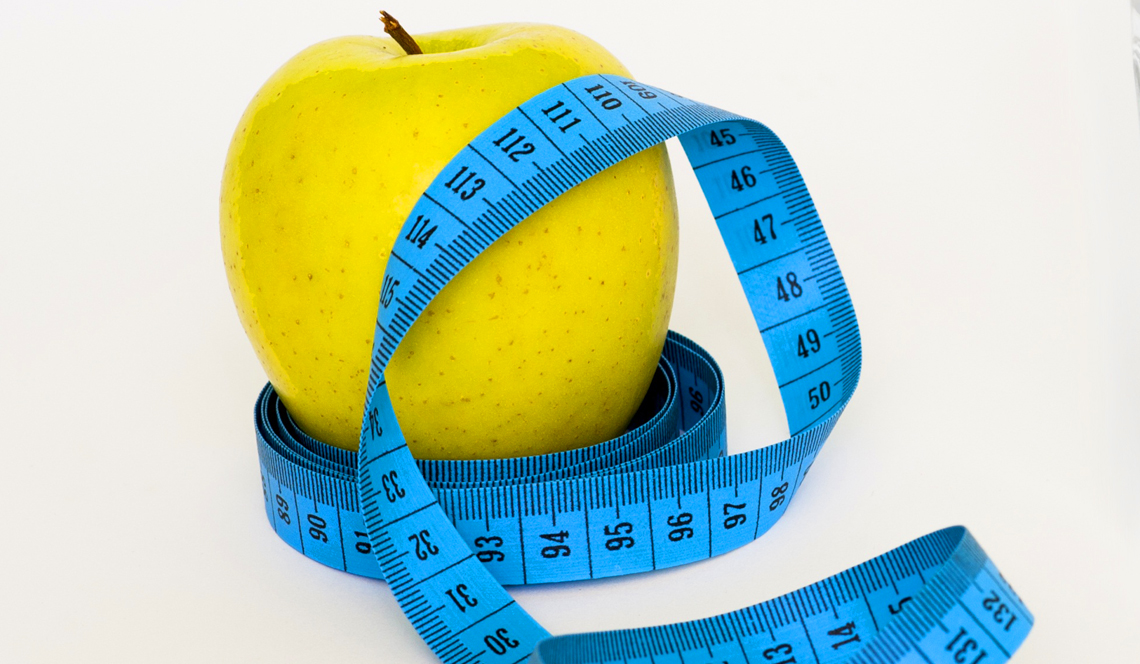I don’t think I’m alone when I say that calculating your BMI can be a little nerve wracking. Am I thin enough? Why does it say I’m obese? I don’t feel obese… I think many of us are under the impression that the BMI test (body mass index test) is the gold standard to measure what a healthy weight is and how healthy we are in general. As more research is done, this is becoming less and less true. It looks like you can actually ditch the old BMI test and use something far more accurate. Here are three reasons why BMI is inaccurate.
Disclaimer: Please note that some of the links in this post are affiliate links and I will earn a commission if you purchase through those links. I recommend these products because they are products that I personally use or companies that I have found trustworthy.
Why BMI Is Inaccurate And Why You Shouldn’t Use It
It’s Out of Date
The test itself is old, over 200 years old. If that isn’t reason enough, the BMI test is a basic calculation based on your body weight and height. It doesn’t really accurately measure your body fat or overall health – it is an estimate at best. The BMI test also does not consider any other factors, such as your race, bone density, artery health, etc…Pretty important stuff to not be considered, at least in my opinion.
It Doesn’t Consider Muscle Vs. Fat
Muscle is heavier than fat, so how does the BMI test hold up when you are dealing with extremely fit people who have a lot of muscle? It doesn’t. Almost half of the people that register in the overweight or obese BMI categories are actually exceedingly healthy.
It Doesn’t Give a Full Picture of Health
In the same way that the BMI test doesn’t accurately measure muscular people as healthy, a good portion of those that do register as thin or normal were found to have other health ailments that showed them to have poor health. The BMI test has no measure for health conditions such as diabetes, high cholesterol or high blood pressure.
What You Should Use Instead
If you want to get an accurate measure of true health, take out the good ol’ tape measure and measure the circumference of your waist. While a waist measurement also doesn’t consider health conditions or race, etc…it is a universal signal of obesity that can usually indicate that health problems might be prevalent or become prevalent/chronic. Women should aim for a waist circumference under 35 inches and men should shoot for under 40 inches – lower is obviously better. (Check out my post Intermittent Fasting For Weight Loss – How To Give Intermittent Fasting a Try Without Starving for more information on losing a couple of pounds.)
If you can’t break the scale addiction, try using one that does a full body composition.
I like the this one or the this one.
These are just three of the reasons why BMI is inaccurate, but there are also many more out there that I haven’t even really scratched the surface. So, out with the old BMI test and in with the new waist circumference measurements. It makes life that much easier and less stressful, while also helping to keep me on a healthy track.






